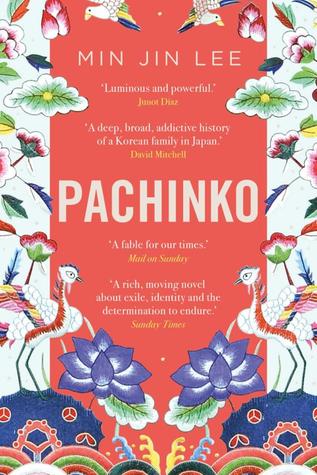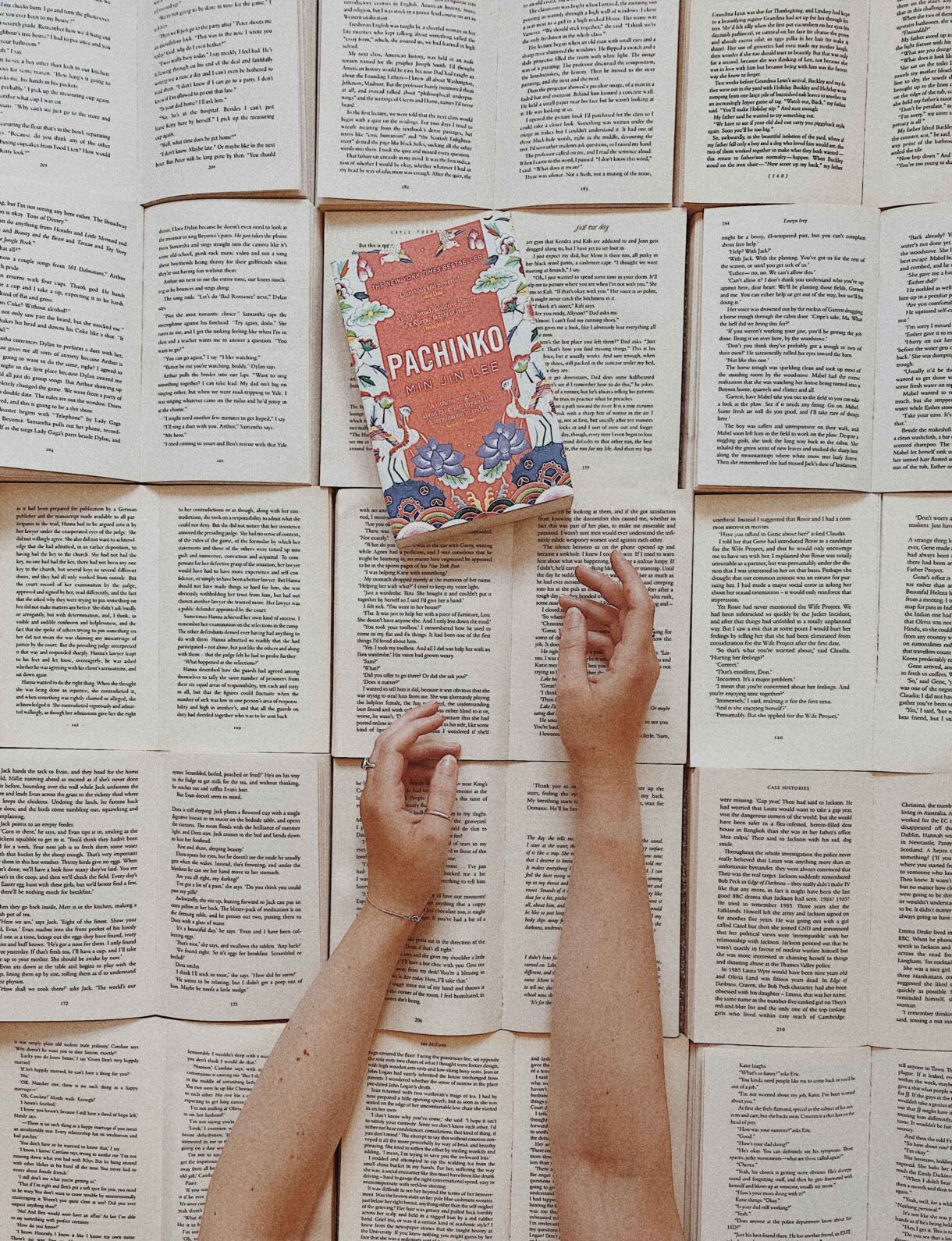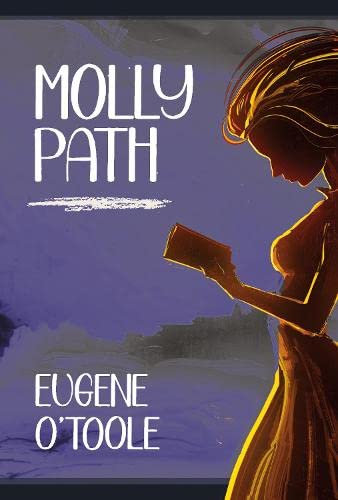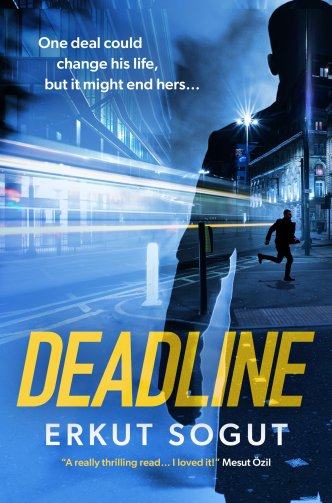

I do have to admit that for me I felt the last 100/150 pages or so lacked much of an allure or interesting storyline, but being that it was intended to be a saga, it makes sense that Lee didn’t make the book short! Throughout there were a plethora of interesting characters, and Lee chooses to focus on some to all tell vastly different stories but with an invisible tether, tying them all together. In particular, I would have liked to have learnt more about Hana as I found her story one of the most interesting, but found it too be quite brief in comparison to the time other characters received.
“Living everyday in the presence of those who refuse to acknowledge your humanity takes great courage”
Lee subtly weaves a story with a rich history of Korea, and though her characters are fictional, Pachinko, whether intentionally or inadvertently, shines a light on this place and time in history. With a multitude of stories to devour, it’s filled to the brim with education, emotion, and bursting with life. If you’ve got the time for a long read, then I would recommend giving it a go!

8Beautiful, Evocative, Long
Review overview
Summary
A character-driven book and storyline, Pachinko beautifully portrays the microcosms of life in Japan for the Korean people living there. As I’m sure you can tell from the trigger warnings above, this book is riddled with difficult situations, both for the characters to endure and the readers to witness, but Lee cleverly writes circumstances so that her characters have the chance to triumph in the face of adversity, though that’s not to say they don’t also lose a lot along the way.







